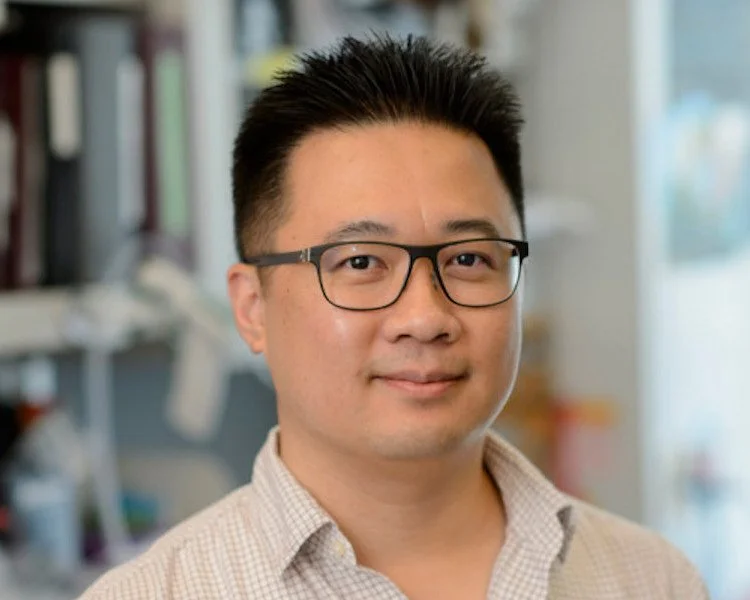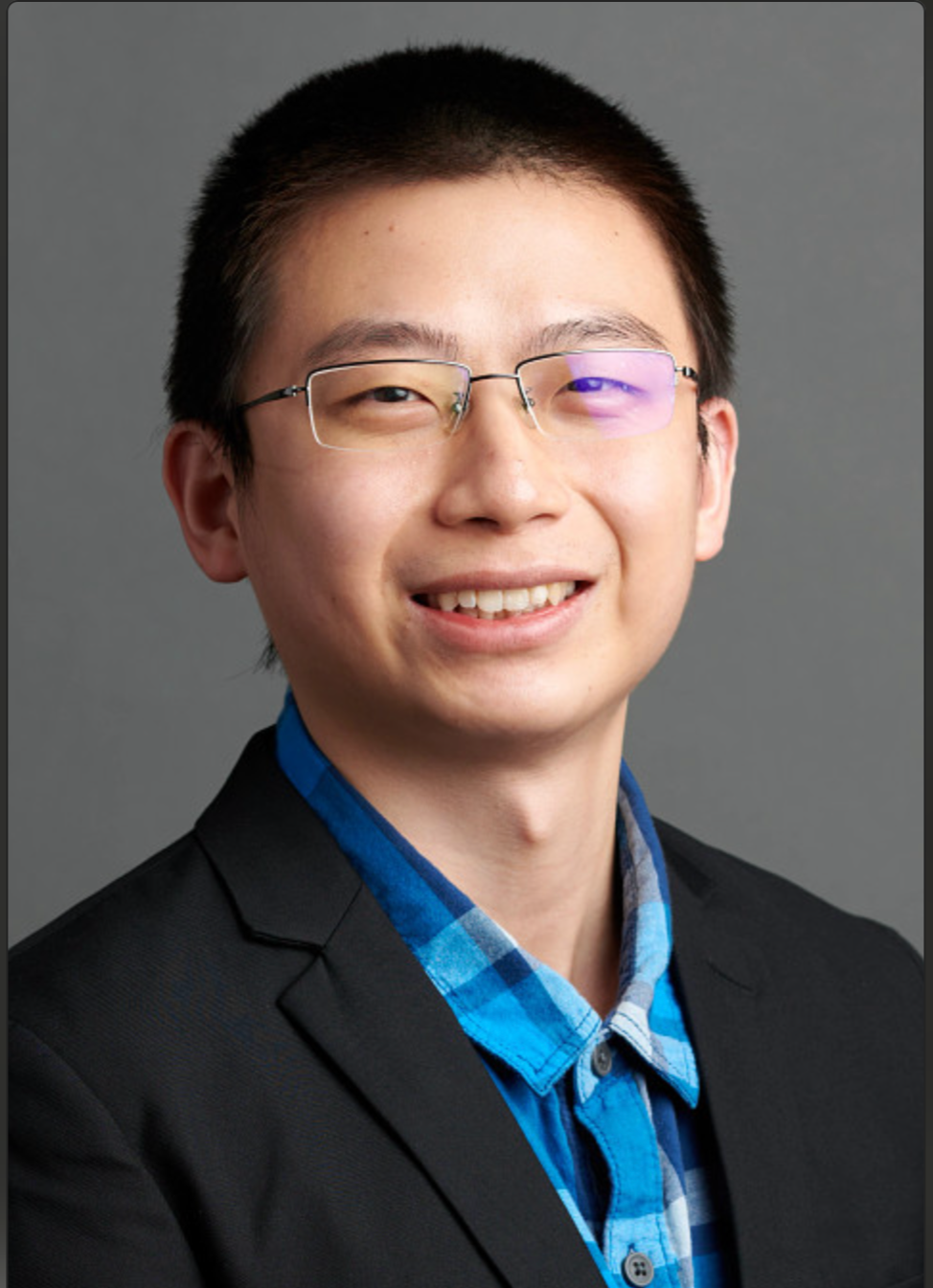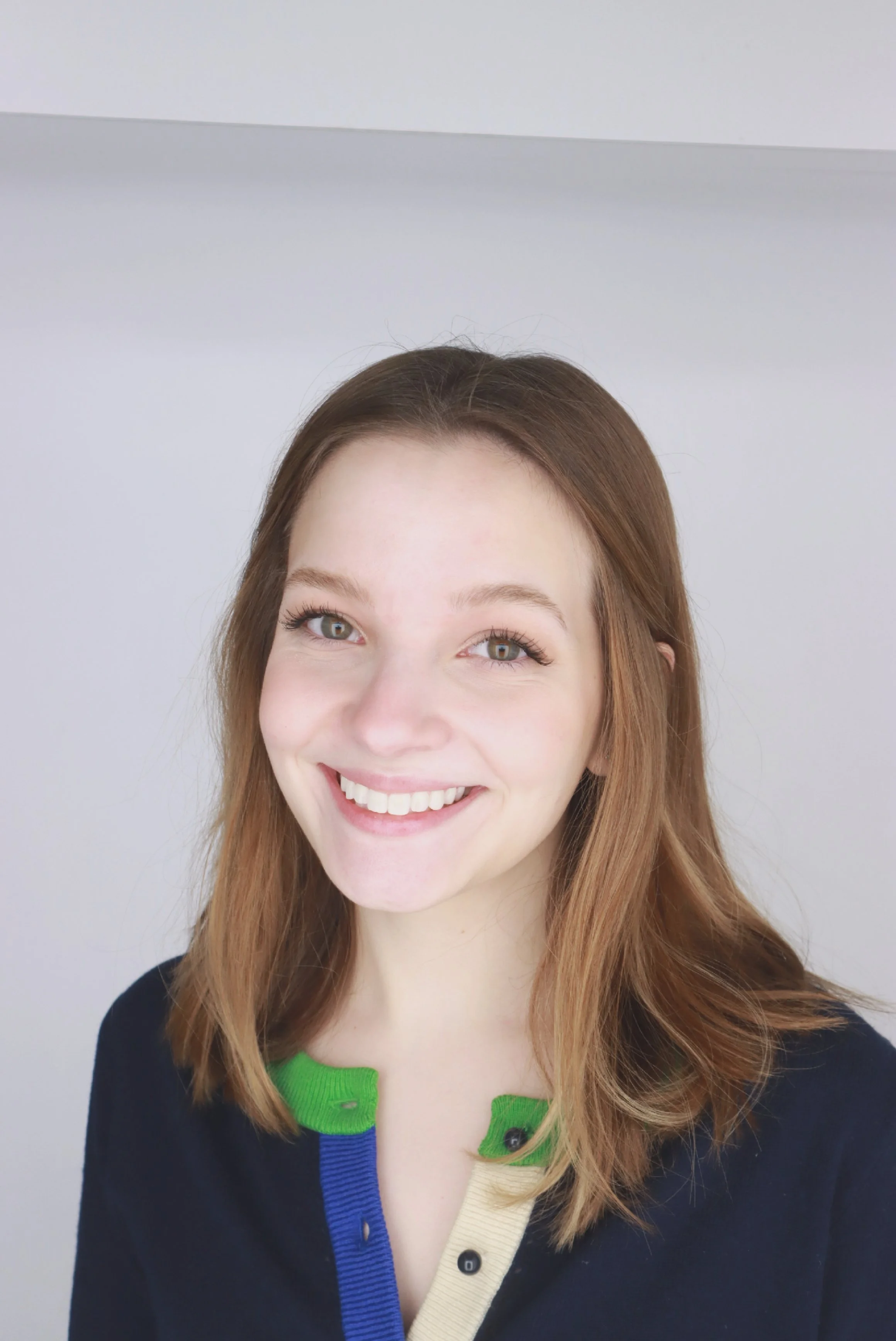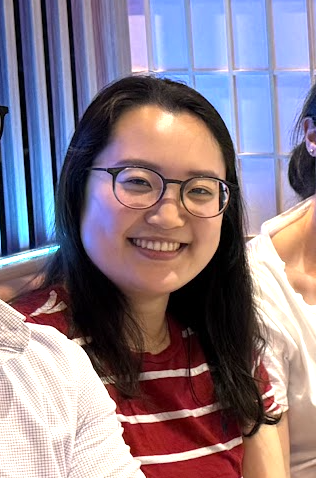Our Team
-

Jason Tchieu, PhD
Assistant Professor
My research career began with studying X-chromosome inactivation in mouse embryonic stem cells, and later expanded into human pluripotent and induced pluripotent stem cell models. Much of my early work focused on ectoderm and astrocyte differentiation, which laid the foundation for how my lab approaches questions of brain development. I am particularly interested in the concept of developmental timing. Our lab now combines stem cell tinkering with the creation of tissue-like platforms that model development and disease, with the goal of advancing both basic biology and drug discovery.
-

Elena Albizzati, PhD
Postdoctoral Fellow
Elena is investigating how Nuclear Factor proteins control the timing of brain development, using both mouse models and human cortical organoids. Their work focuses on how these transcription factors regulate the switch from progenitor cells to neurons, and how differences in timing may contribute to brain expansion and vulnerability to disease. By comparing conserved mechanisms across species, [Name] aims to uncover principles of temporal control that are unique to the human brain.
-

Eri Iwasawa, MD, PhD
Postdoctoral Fellow
Eri studies how neural crest cells contribute to heart development and how disruptions in this process can lead to congenital heart disease. Using stem-cell-based models, their work focuses on generating cardiac neural crest cells in vitro to investigate how these cells form the outflow tract of the heart. By modeling syndromes such as Noonan and DiGeorge, Eri aims to reveal the cellular mechanisms that underlie heart malformations and potentially apply this knowledge on how it may link to neurodevelopmental disorders.
-

Xuyao Chang
PhD Graduate Student (DSRM)
Xuyao is studying how mutations in ZMYND11, a newly identified gene linked to neurodevelopmental disorders, alter brain development. His research uses stem-cell-based models to investigate how changes in gene regulation affect the formation and function of neural circuits. With the long-term goal of becoming a physician–scientist, Xuyao is motivated to connect fundamental discoveries in the lab with future advances in patient care.
-

Megan McKinley
PhD Graduate Student (DSRM)
(Co-mentored with Kenneth Campbell)
Megan is investigating how the olfactory bulb develops from the lateral ganglionic eminence and why this brain region is especially vulnerable in neurodegenerative disease. By combining stem-cell-derived organoid models with developmental biology approaches, Megan aims to uncover the cellular and molecular mechanisms that link early brain development to later-life disorders. Her work contributes to building new platforms for studying sensory function and its decline in neurodegenerative disease.
-

Inah Yang, MS
Research Assistant III
Inah plays a central role in the lab’s daily research efforts, contributing across projects and supporting the growth of our stem-cell and organoid platforms. In addition to this broad expertise, Inah leads a project focused on developing efficient methods to differentiate human pluripotent stem cells into cranial placode to further generate the olfactory epithelium. This work is laying the foundation for studying how sensory tissues contribute to human disease and for building new models of neurodevelopment and neurodegeneration.
-
Past Members
Cindy Huynh (Research Assistant)
Joel Blair, MS (BMRT Student)
Katherine Boylin (UC Co-OP student)
Andres Villalobos (SURF student)
Emily Thomas (Research Assistant)
Jada Stewart (SURF student)
